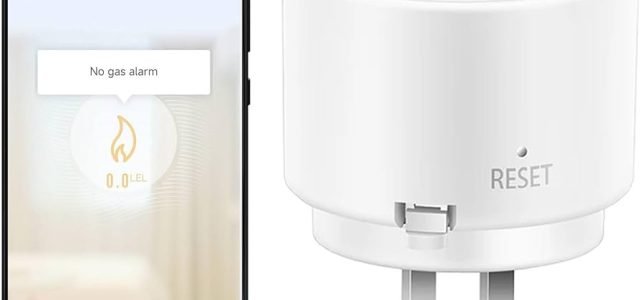Gasoline is a highly flammable liquid that is commonly used as a fuel for vehicles and other machinery. It is important to understand the flammability of gasoline for safety reasons. In this article, we will explore just how flammable gasoline is and why it should be handled with caution.
What Makes Gasoline Flammable?
Gasoline is composed of various hydrocarbon compounds, which are highly combustible. These hydrocarbons contain carbon and hydrogen atoms, which can release a large amount of energy when ignited. The vapors of gasoline are what actually catch fire, not the liquid itself. This is because the vapors mix with oxygen in the air to create a highly flammable mixture.
Flash Point and Ignition Temperature
The flash point of a liquid refers to the lowest temperature at which its vapors can ignite when exposed to an open flame or spark. For gasoline, the flash point is typically around -40 to -45 degrees Fahrenheit (-40 to -43 degrees Celsius). This means that even at very cold temperatures, gasoline vapors can still ignite and catch fire.
On the other hand, the ignition temperature is the minimum temperature required to initiate a self-sustained combustion reaction. For gasoline, the ignition temperature is around 495 degrees Fahrenheit (257 degrees Celsius). This means that once gasoline vapors are ignited, they can sustain a fire as long as the temperature remains above the ignition temperature.
Flammability Limits
Gasoline also has flammability limits, which refer to the range of concentrations at which gasoline vapors can ignite. The lower flammability limit (LFL) is the minimum concentration of gasoline vapors in air required for ignition. The upper flammability limit (UFL) is the maximum concentration of gasoline vapors in air required for ignition.
For gasoline, the LFL is typically around 1.4% volume concentration, while the UFL is around 7.6% volume concentration. This means that if the concentration of gasoline vapors falls below the LFL or exceeds the UFL, ignition and combustion will not occur. The ideal concentration for ignition is usually between the LFL and UFL.

Credit: www.ebay.com
Fire Hazards
Due to its high flammability, gasoline poses significant fire hazards if not handled properly. Even small sparks or open flames can lead to ignition, causing fires and explosions. It is important to store gasoline in approved containers and in well-ventilated areas away from any potential ignition sources.
Additionally, gasoline should never be used near an open flame or in confined spaces where vapors can accumulate. Smoking should be avoided in areas where gasoline is present, as a lit cigarette can easily ignite gasoline vapors. Furthermore, static electricity generated from improper handling of gasoline can also ignite the vapors.

Credit: www.amazon.com
Safety Precautions
To ensure safety when working with gasoline, there are several precautions that should be followed:
- Always use approved containers for storing and transporting gasoline.
- Keep gasoline containers tightly closed when not in use.
- Store gasoline in well-ventilated areas away from heat sources and open flames.
- Avoid overfilling gasoline tanks to prevent spills and vapors from escaping.
- Never use gasoline near sparks, flames, or hot surfaces.
- Avoid smoking in areas where gasoline is present.
- Dispose of gasoline properly and according to local regulations.
In Conclusion
Gasoline is a highly flammable liquid with a low flash point and high ignition temperature. It releases highly flammable vapors that can ignite with even a small spark or open flame. Proper handling and storage of gasoline is crucial to minimize the risk of fires and explosions. Always follow safety precautions to ensure the safe use and storage of gasoline.
Frequently Asked Questions Of How Flammable Is Gasoline? Discover The Explosive Power Within!
How Does Gasoline Catch Fire?
Gasoline catches fire when it comes into contact with an ignition source like a spark or open flame.
At What Temperature Does Gasoline Ignite?
Gasoline can ignite at temperatures as low as -45°C (-49°F) and can evaporate quickly, increasing the risk of a fire.
How Flammable Is Gasoline Compared To Other Fuels?
Gasoline is highly flammable, more so than diesel or natural gas. Its high vaporization rate makes it a significant fire hazard.
What Precautions Should Be Taken When Handling Gasoline?
It is important to store gasoline in approved containers, away from heat sources. Handle it in well-ventilated areas, and never smoke or use open flames near gasoline.

